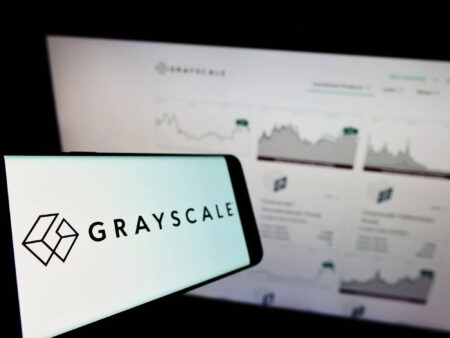South Korea's Approach to Crypto Regulation Could Become a Model for Global Stability and Innovation
- South Korea's Digital Asset Basic Act (2025) establishes a unified regulatory framework for crypto assets, targeting stablecoins and cross-border transactions. - Stablecoin issuers face licensing, reserve requirements, and FSC oversight, while foreign VASPs must register and report transactions to combat forex crimes. - The reforms aim to balance innovation with financial stability, potentially attracting investment but increasing compliance costs for firms and scrutiny for investors. - As Asia's major c
South Korea is pushing forward with a comprehensive reform of its digital asset regulations, targeting the rising challenges posed by stablecoins and international crypto dealings. The government has put forth the Digital Asset Basic Act, unveiled in June 2025, which shifts away from piecemeal regulations toward a cohesive system. This new law, poised to transform the regulatory environment for cryptocurrencies, requires stablecoin issuers to obtain licenses, comply with reserve obligations, and subjects overseas crypto networks to strict supervision.
According to the draft regulations, stablecoins will be defined as "asset-linked digital assets" and will fall under the supervision of the Financial Services Commission (FSC).

On the policy front, South Korea is making it clear that digital assets are now a central pillar of its financial innovation agenda. As a leading retail crypto hub in Asia, the impact of these new rules will be watched closely by the global community.
Disclaimer: The content of this article solely reflects the author's opinion and does not represent the platform in any capacity. This article is not intended to serve as a reference for making investment decisions.
You may also like
COAI's Abrupt Decline: What Causes a Significant Downturn in a Previously Popular Tech Index?
- COAI index plunged 88% in November 2025 due to regulatory ambiguity, earnings underperformance, and macroeconomic risks. - CLARITY Act left AI/crypto projects in legal gray areas, exacerbating volatility as investors fled speculative assets. - C3.ai's $116.8M loss, leadership turmoil, and 54% stock decline heavily dragged COAI's performance. - Global risk-off behavior and AI-driven trading amplified volatility amid Fed policy uncertainty and inflation concerns. - Market reassesses AI/crypto valuations as
Grayscale prepares to launch a Dogecoin ETF

Crypto Assets to Watch This November: Three Altcoins Ready for Lift-Off

Vitalik Buterin Critiques FTX, Emphasizes Ethereum’s Decentralized Nature
